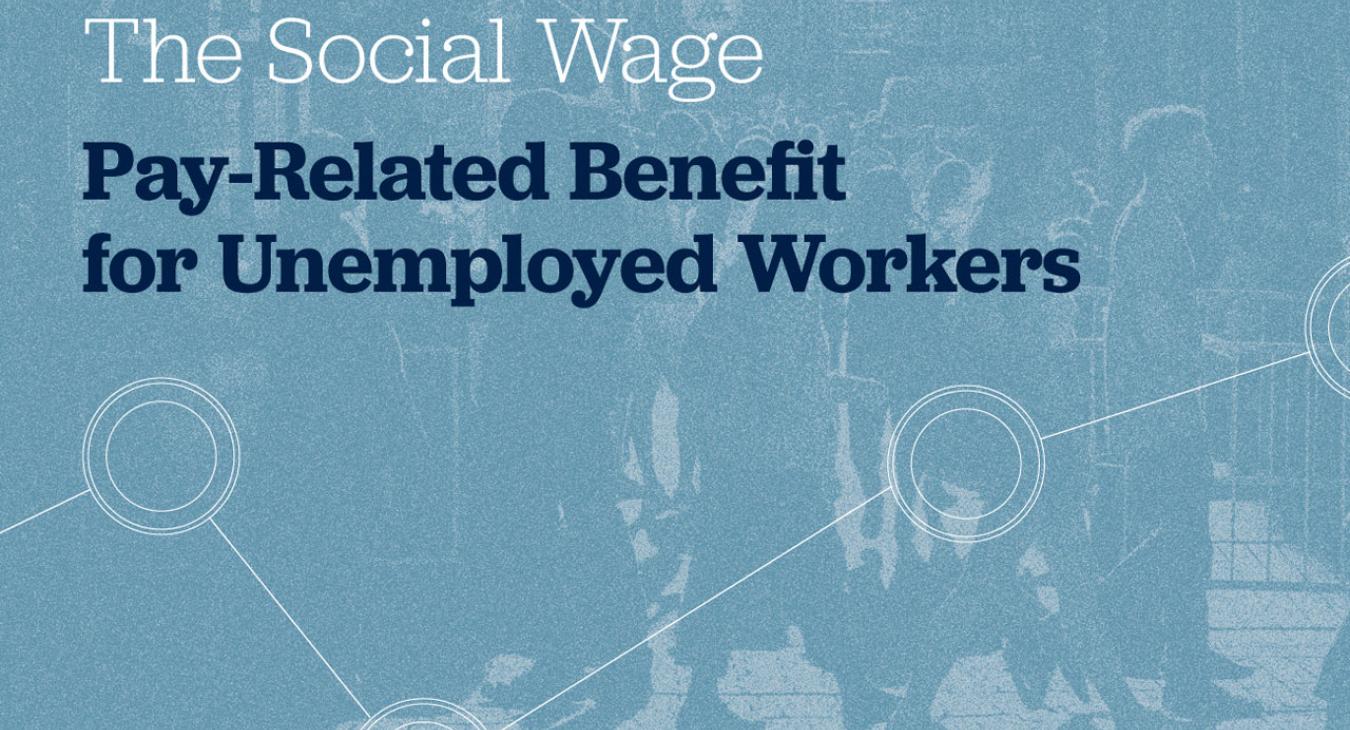Ahead of the commencement of the Dáil debate on a new Pay-Related Jobseeker’s Benefit (Thursday 30th), the Irish Congress of Trade Unions is calling on Government not to undermine its own efforts to improve income security for workers.
Unions welcome the move to pay-related social welfare payments for unemployed workers.
Ireland is one of only four EU27 members states, along with Greece, Malta and Poland, to pay the same payment to all unemployed workers. Across the rest of the EU, contributory social welfare payments are pay-related - the weekly payment is linked to a high percentage of a worker’s previous wage if they lose their job, have a baby, get sick or retire.
By way of demonstration, the current €232 social welfare payment for unemployed workers in Ireland replaces just 25% of the average wage or 47% of the full-time minimum wage. Whereas pay-related unemployment benefits in Belgium replace 91% of a worker’s previous wage, 79% in Denmark and 69% in the Netherlands.
Unions have long fought for a social welfare system that protects workers’ living standards during short gaps in employment. The devastation from the lay-off of the 650-strong workforce in Tara Mines put our Dickensian attitude toward social welfare under a spotlight.
The new Pay-Related Jobseeker’s Benefit, when it comes into force later this year, will allow unemployed workers to continue to pay their mortgage and other bills so as to maintain their normal living standards in the short-term while looking for a new job.
It is however disappointing that no substantial amendments were made to the Bill following pre-legislative scrutiny, including amendments proposed by ICTU (bit.ly/4bUZBqT pages 31-34).
We are deeply disappointed that the maximum payment caps have remained unchanged since first proposed by the Department of Social Protection back in February 2022. Since then, welfare rates have increased by 5.5% and, given inflation and an upcoming general election, they can be reasonably expected to increase by at least the same amount in Budget 2025. At a minimum, the maximum payment caps should be amended to increase, for example, the upper €450 cap to €475 in 2024 and €500 from January 2025.
Government intends for the new payment to be cost neutral to the Social Insurance Fund, with all costs being “recouped via a commensurate increase in PRSI contribution rates.” ICTU recognises that pay-related benefits must be sustainable. A five-year PRSI roadmap is proposed which includes a 0.7% increase in employee, employer and self-employed social insurance rates. From October, a worker on average earnings will pay .90c more a week in PRSI when the first 0.1% increase kicks in.
However, the latest business support package commits to increasing the threshold for the lower employer PRSI rate from October. This will cost the Social Insurance Fund €60m, in and around the same amount to be raised from the 0.1% PRSI increase on workers’ wages. A review of the lower employer PRSI rate by the Government’s own advisory body – the Tax Strategy Group – last year pointed out that it is out-dated, badly targeted and costly. The Commission on Taxation and Welfare has also recommended phasing it out.
ICTU withholds endorsement of the PAYE Roadmap until the options paper on the application of the lower rate of employer PRSI contribution is published.
ENDS

